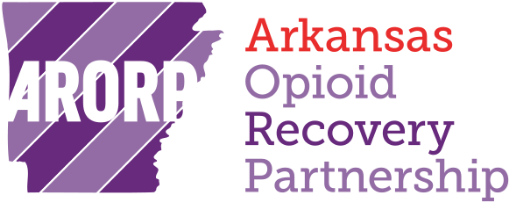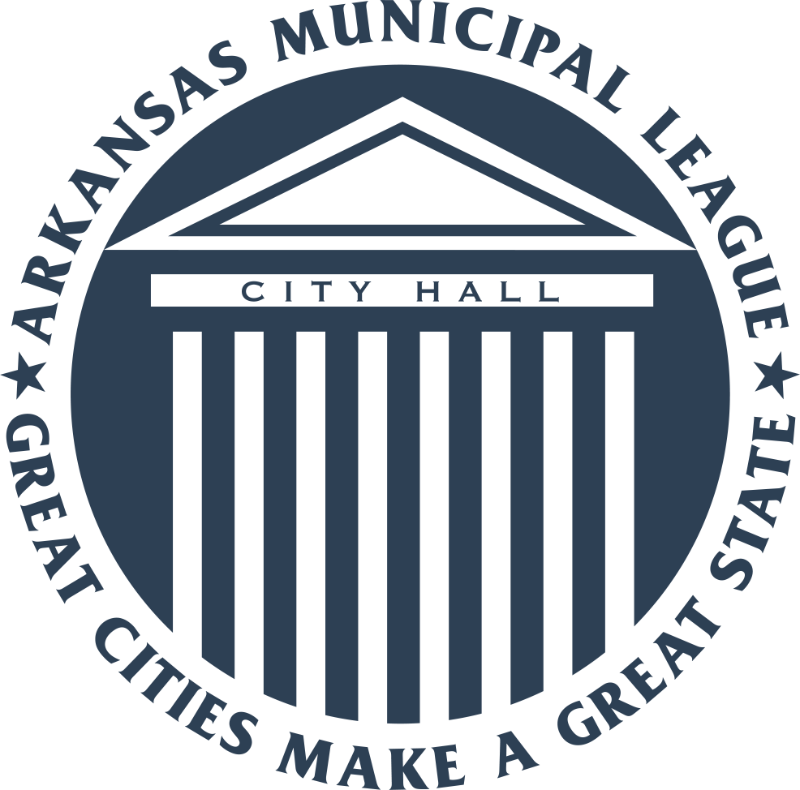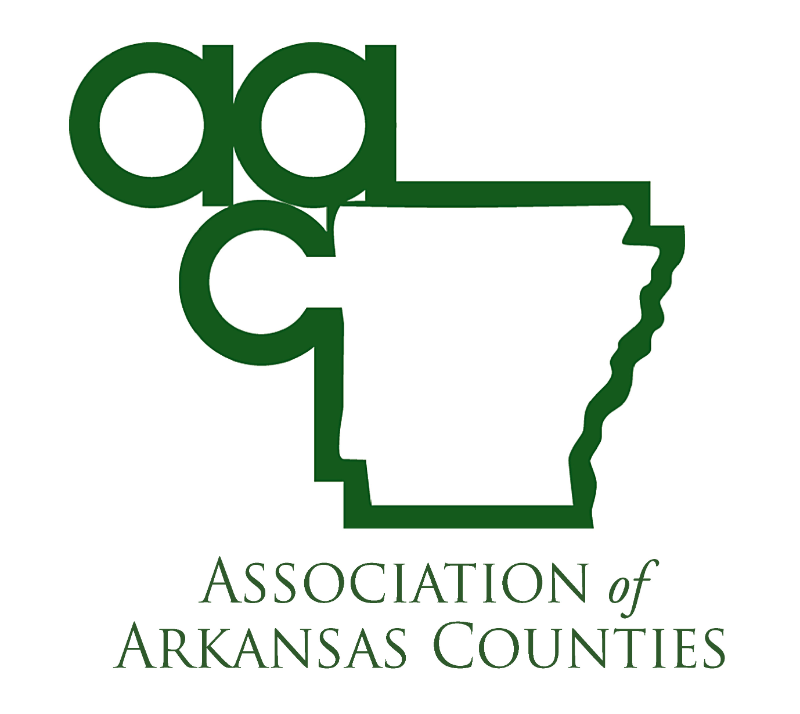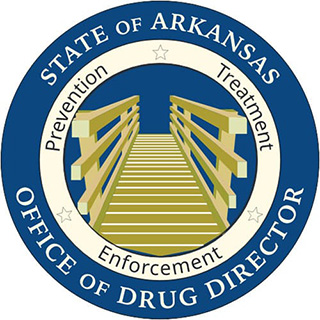Faculty, staff receive free Narcan, training about opioid addiction

By Brenna Metts, Staff Writer
Originally Published in The Echo Issue 17, Volume 118
February 15, 2023
Inspired by the loss of family members from addiction, Dr. Stephanie Rose spearheaded the implementation of Naloxbox kits across campus, and is now training faculty and staff on how to use them.
Rose, an assistance professor in health sciences, said that the Naloxbox program was not easy to accomplish. She wanted to get the program on campus for five years, but the fear of liability due to a lack of understanding about Narcan delayed it.
“Being able to do this now is amazing. I wish we didn’t have to, but this is a problem that’s not going away,” Rose said.
The Feb. 9 training included information on opioid abuse and a tutorial on how to administer Narcan in the event of an overdose. Narcan is a brand of naloxone meant for non-first responder use that temporarily reverses opioid overdose effects until the sufferer can be treated.
Rose said the class she taught just before had over 100 UCA students in attendance. Her next trainings, happening Feb. 16 and 17, have already been filled.
“The fact that the trainings fill so quickly just warms my heart because it just tells me how passionate people are about saving lives and addressing this issue,” Rose said.
Rose is currently working to expand the program to Hendrix and Central Baptist College. “It’s important that we’re training everybody and especially students and getting Narcan into their hands,” Rose said.
UCA is the first university in Arkansas to participate in the Naloxbox Bystander Rescue Program, which places kits containing two 4-mg doses of nasal Narcan across campus. The first Naloxbox was installed at the UCA Interprofessional Teaching Center.
Since this installment, 27 total Naloxbox kits have been installed in residence halls and all resident assistants and coordinators were provided Naloxbox training. Rose said she plans to install boxes in Torreyson Library and Ronnie Williams Student Center next.
The training, which was for faculty and staff, is an important part of spreading awareness and destigmatizing opioid addiction.
Because of the grant from the Arkansas Opioid Recovery Partnership, she was able to send all 50 attendees home with a free box.
The $25,000 grant equated to 500 boxes of Narcan. However, she said she will likely be out of Narcan by the end of the month and plans to request more.
“The bigger our group and our coalition is, the more people we can save and the more people we can educate. If we can just get the education out there, hopefully we can prevent people from getting into these situations. We didn’t do the best job in the past about educating…So we’re trying to do a better job with that,” Rose said.

Rose’s two senior interns–Kasey Jordan, an addiction studies treatment major, and Stella Radke, a psychology and addiction studies double major–joined her.
Jordan fell in love with UCA’s addiction studies program after transferring from Pulaski Tech and said she felt it was rewarding to help generations of people by spreading awareness.
“Being from a small town in a community where drug overdoses and drugs are a really big deal, it just feels great to be in the forefront of a program like this because it’s really needed. It’s really personal and dear to me because I also have family members who have dealt with addiction. It just feels good to be a voice,” Jordan said.
Radke said she thinks Narcan training should be treated similarly to how other emergency safety training is treated because “it comes down to saving lives.”
“In college, we don’t say that we come across that many drugs, but we do all the time, especially at parties…So, the more students that have Narcan, the more likely it is that nobody has to die of an overdose on campus. It it’s preventable and it’s this easy to hand it out and carry it around, then we should definitely be training as many people as possible,” Radke said.
During the training, Rose provided Arkansas opioid and overdose statistics from the University of Arkansas System Criminal Justice Institute’s “You Can with Narcan: Arkansas Naloxone Project” presentation.
Rose said Arkansas has the second highest opioid prescribing rate in the nation. While the average rate of prescription is 51.4 per 100 people, the average rate of prescription in Arkansas reaches 93.5 per 100 people, which is 42% above the national average.
Rose said that the black market has helped spread opioid availability by lacing drugs with a cheap but dangerous alternative such as fentanyl. Buyers who are intending to purchase marijuana, Xanax, or oxycodone are getting more than they bargained for, Rose said.
The biggest danger surrounding opioids is how much they depress the central nervous system.
Rose said Fentanyl is 50 to 100 times more potent than morphine and showed an image of enough powder to bring on overdose symptoms. The picture showed an amount small enough to fit on the tip of a pencil.
In 2020, the Arkansas Department of Health reported 546 overdose deaths, mainly concentrated in the 21-50 age range.
She said that the following year, the amount of drug overdose deaths exceeded the number of homicide deaths reported in Arkansas.
Rose said the Arkansas Project has saved 1,509 lives since March 2022.
Personal connections, like witnessing her father’s substance abuse, inspired Rose to become an addiction-focused social worker. Her father struggled with alcoholism and died after relapsing. She also lost her cousin, who overdosed after smoking fentanyl-laced marijuana. The 911 call was made too late, and her cousin, 21, died.



